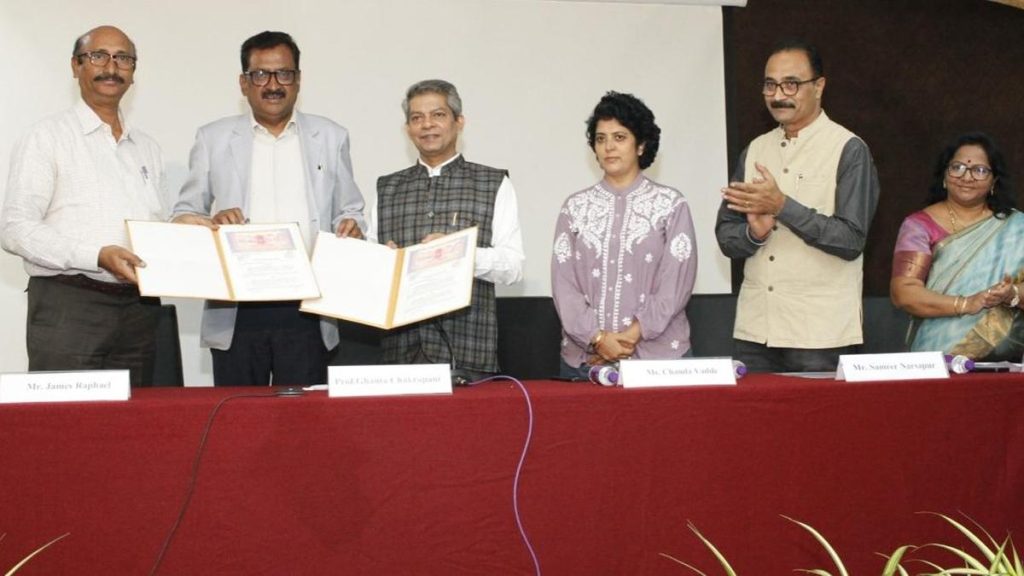Now Reading: 5 Science-Backed Steps to Overcome Perfectionism in 2025
-
01
5 Science-Backed Steps to Overcome Perfectionism in 2025
5 Science-Backed Steps to Overcome Perfectionism in 2025

Quick Summary:
- Perfectionism often leads to exhaustion, reduced output, and emotional toll instead of extraordinary results.
- Studies show perfectionists complete up to 30% fewer tasks and are at higher risk for anxiety, depression, burnout, and physical health issues such as insomnia and tension headaches.
- Three types of perfectionism identified:
– Self-oriented: harsh self-expectations; internal critique.
– Other-oriented: Expecting perfection from others; can harm relationships.
– Socially-prescribed: Fear-driven behavior based on perceived judgment from others.
- Neuroscience reveals perfectionist behaviors are reinforced by dopamine hits but can be rewired through neuroplasticity with repeated “good enough” practices.
- Suggested strategies for overcoming perfectionism include actionable methods like maintaining a “perfectionism log,” setting “good enough” benchmarks, time-boxing tasks, learning through failure reflection (e.g., creating a “failure resume”), focusing on enduring systems over sporadic bursts of effort, adopting imperfect action experiments weekly for mindset shift.
- Professional support like cognitive-behavioral therapy may be helpful when persistent symptoms negatively disrupt daily functioning.
Image Mentioned: Includes visual representation titled “How to Overcome Perfectionism: 5 Science-Backed Steps to Break Free in 2025.”
Indian Opinion Analysis:
This exploration into the nature of perfectionism is relevant in an Indian context where cultural values often emphasize high achievement and societal expectations can deeply influence individual psyche. As India continues evolving in its economic journey-with increasing competitiveness across fields such as academics or corporate sectors-perfectionist tendencies could lead to significant productivity losses or burnout among youth professionals. Moreover, addressing this widespread issue is critical not only for individual well-being but also overall workplace efficiency within India’s growing economy.
The rise of mental health awareness programs should ideally account for the neuroscience-driven solutions covered here since young indians increasingly look towards evidence-based methods rather than anecdotal advice. Adaptation will also require nuanced cultural sensitivity given traditional familial ties that might contribute heavily toward socially-prescribed forms of this trait-underscoring the importance of collaboration between institutions offering healthcare services alongside grassroots educational inputs about overcoming self-sabotage dynamics tied largely deeper underlying contexts/behavior routines!
























